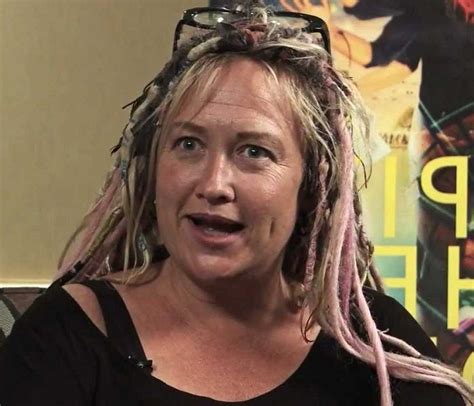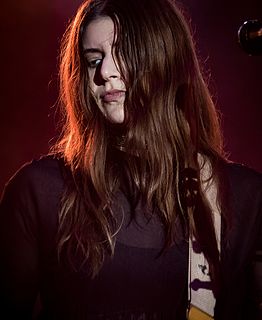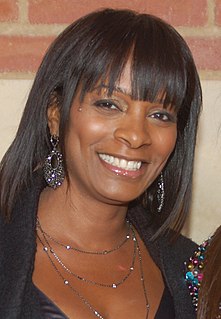A Quote by J. K. Rowling
I think writing about the time in Hermione’s life that I write about – growing from childhood into womanhood, literally, I think it? brought back to me how very difficult it is.So much is expected of you as you become a woman, and often you are asked to sacrifice parts of you in becoming a girl, I would say. Hermione doesn’t.
Related Quotes
Emma Watson was saying the other day that when Helena Bonham Carter was becoming Hermione, or trying to become her for the polyjuice-potion sequence, she was trying to take on Emma's mannerisms, and she was asking Emma questions like, "What's Hermione's favorite color?" Because she wanted to absorb all this information and to know, in here touches temple what she was like. And as I've tried to develop as an actor, I see that these things, however much they seem insignificant... By knowing what's Neville's Longbottom favorite Beatles song, you can know so much!
I felt I had a very innocent childhood and I feel privileged by that. But as an adult, I know that there were people who didn't have that. There are a lot of teens who haven't had as easy a childhood as me, and having literature that explores these "darker" parts helps relieve the burden and stress they may be feeling. As a writer, there is often a temptation to draw back when we write for teens - to preserve their innocence. But the reality is, if someone has already had that innocence taken in their life, then not writing about it is just brushing it under the rug.
I don't think I anticipated supporting myself as a writer... I expected I would have to be a teacher or a journalist, that I wouldn't just write full time. It's such a part of my life, and in some ways, it's a very unromantic part of my life. It's almost, to me, like breathing. I don't think about whether I like it or not.
I've become this voice for a millennial generation of feminism, which is awesome, but at the same time it's complicated. We all know I'm a girl, I'm a woman, but it's difficult to figure out how to talk about it and express how important it is without beating it with a hammer and having it be, "So you're a girl in music! So you're a girl in music!" Yes, I'm a girl in music - can we just talk about something else?
Besides being asked why I write about young characters, I am often asked how I write about young characters. How do I throw myself across the chasm of full adulthood to relive that period? I guess I don’t, really. Age is not so much a feature of your character, as the spot where you stand for a pretty fleeting time on the arc of your life.
One thing I've learned in my career is that you don't have to answer people right away. I've learned how to say, "Can I get back to you about that?" Now I've given myself time to really assess what you asked me to do or what the situation is, think about it, then come up with a plan. Then by doing that, when I come back to you, it's not what I say it's how I say it.





























